The 2016 Rio Olympics is around the corner and athletes are expected to be at their best. For instance, it is expected that Nicola Adams, the current Olympic defending flyweight boxing champion will be at her best during the 2016 Rio event. She has to use her best tactics so that she can win her fights. In addition, when Philipp Buhl who will be representing Germany in the water racing category gets into the water, he will be in a position to accurately calculate the effects water currents will have on his boat.
All this can be attributed to data analytic and technology in general. It has managed to make remarkable strides since the 2012 London event. According to Dr Helen Meese, the healthcare CEO at the Mechanical Engineers Institution, although data analytic in real time may not appear to have made a remarkable leap in the past few years, it has a high potential to ensure breaking of more records in 2016. She added that, data analysis and collection has an impact on all sports.
Fit Fighting
For instance, the GB Team boxers use the iBoxer software to take advantage of data analysis. The Sheffield Hallam University played a big role in the development of this software. Its performance analysis system incorporates a lot of data on GB Team boxers and their challengers. This includes a detailed analysis of the fights to reveal opportunities as well as the possible threats for the fighters. This plays a great role in helping them sharpen their tactics.
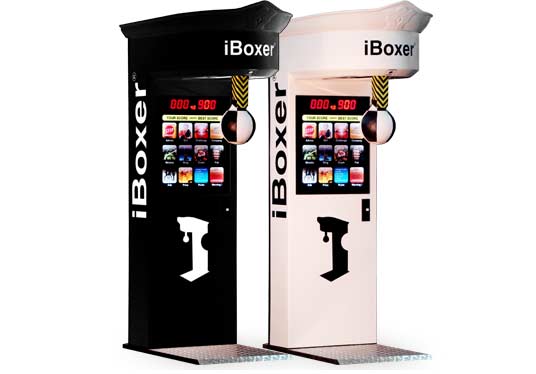
Similarly, the Sport Institute of Australia has played part in the development of a database that will help the National Sporting Organizations of Australia to monitor closely up-to 2,000 athletes per week. According to Nick Brown, the vice director of the performance innovation and science at the Sport Institute of Australia, they have successfully provided advice to coaches in athlete groups that have high data entry engagements. This has played a great role in the reduction of illnesses and injuries among athletes. The technology part of the solution is based on smart data analysis, database and the incorporation of wearable sensors in training data.
The use of Two Wheels
Professor Steve Haake, the Advanced Wellbeing Centre of Research director at Sheffield Hallam University has worked with the UK Sport for very long. He says that the work of his team has continued to succeed in this type of data driven analysis performance. According to him, cyclists do not have to pay more attention on mechanical aspects anymore. This is because bicycles have now been optimized with gear sets and bearings that are 99 percent efficient.
In the previous Olympiads, his team has been working on how they can improve the performance of these things in the field. According to Prof Haake, complex databases and data acquisition are responsible in drawing information from numerous places. The USA track cycling team has been cross-examining live data during their trainings. The augmented reality glasses that have been developed by Solos have helped them do this.
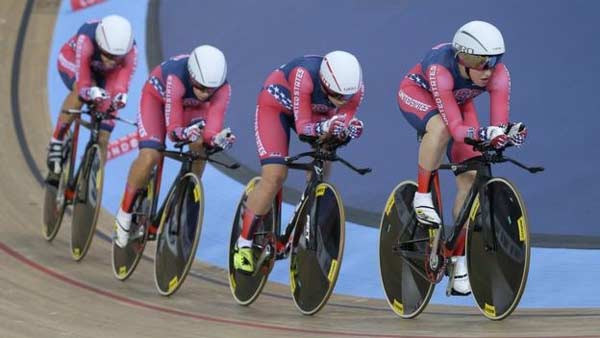
Data that is collected from a cyclist’s bike sensors including pedal revolutions, speed and power are wirelessly beamed to their glasses through the IBM cloud platform. This allows the athletes to pedal faster, view their stats and remain focused on the track at the same time without having to look elsewhere.
Team Effort
Sports industries among other world industries are now looking up to engineering and technology sectors for inspiration. For instance, the Germany Sailing Team has partnered with a certain software firm to improve sports in the country after the 2000 Sydney event. The objective is to come up with a technology that can help sailors train, perform and learn better. The major component here is the construction of real data virtual models that can deal with the ever changing tricky conditions such as wind and currents.
According to Mr. Baur, there is need for athletes and coaches to learn trusting this data. For instance, during the 2014 World Championships that were held in Spain, Philipp Buhl the German sailor had the information with him, but his coach did not believe it. Their tide model had recommended him to follow a certain direction, but he followed the opposite direction. At the end of the day, he lost the race. Mr. Baur believes that this will not be the case this time round and sailors will begin trusting the model more than ever before.
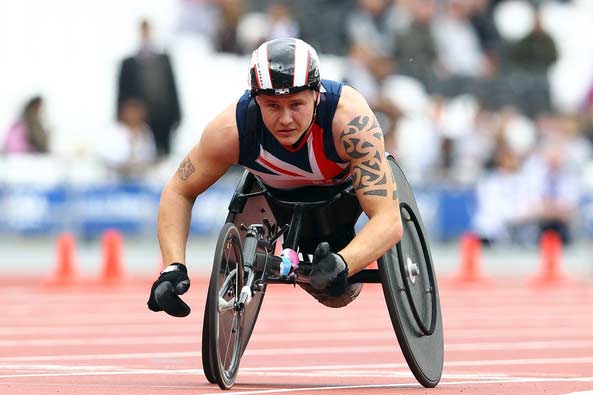
Above and beyond
Today, technology has a lot of impact on Paralympics. For instance, the BAE Systems, which have more association with aerospace industries is now working with the UK Sport to make sure that British wheelchair athletes achieve a 20 percent increased acceleration through a variety of racing positions.
Read more here: The Next Phase of Tracking Health, Happiness and Fitness
Conclusion
There has been a concern that technology might be giving athletes from the richer countries an upper hand in championships. According to Prof Haake, each sport has a responsibility to determine the level of technology to be used. In addition, the relevant sport authorities need to set tech levels to ensure all competitors have equal chances of winning.

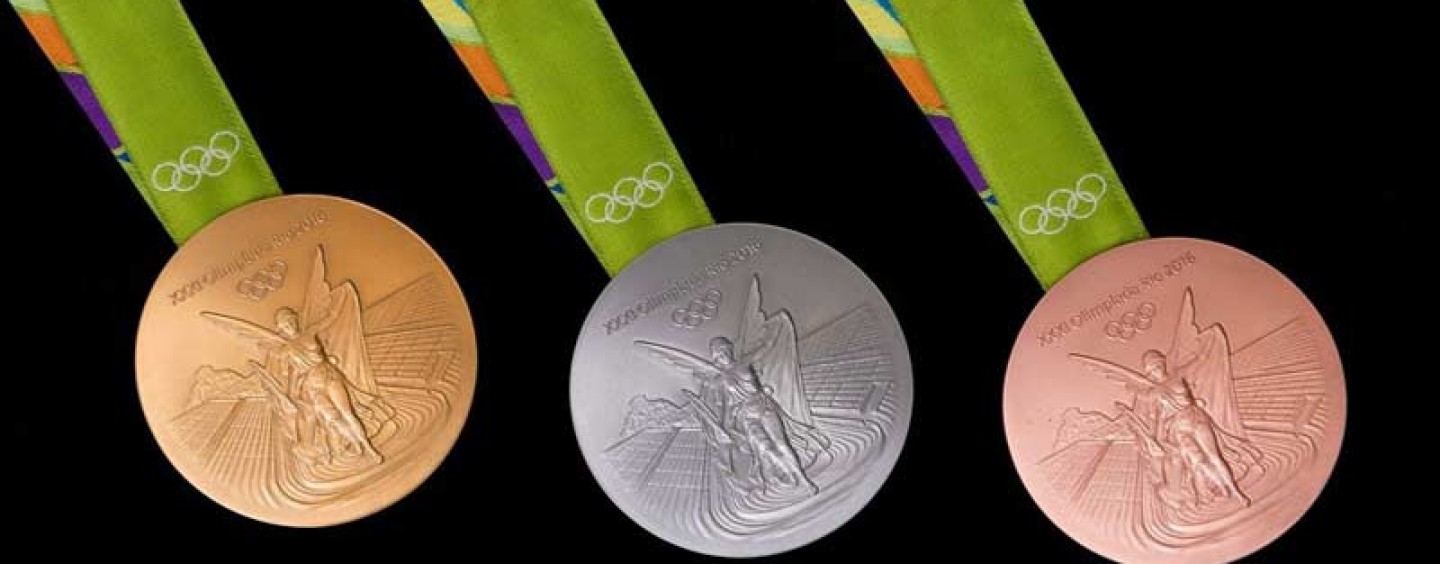

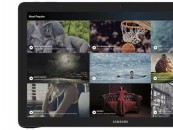


No Comments so far
Jump into a conversationNo Comments Yet!
You can be the one to start a conversation.